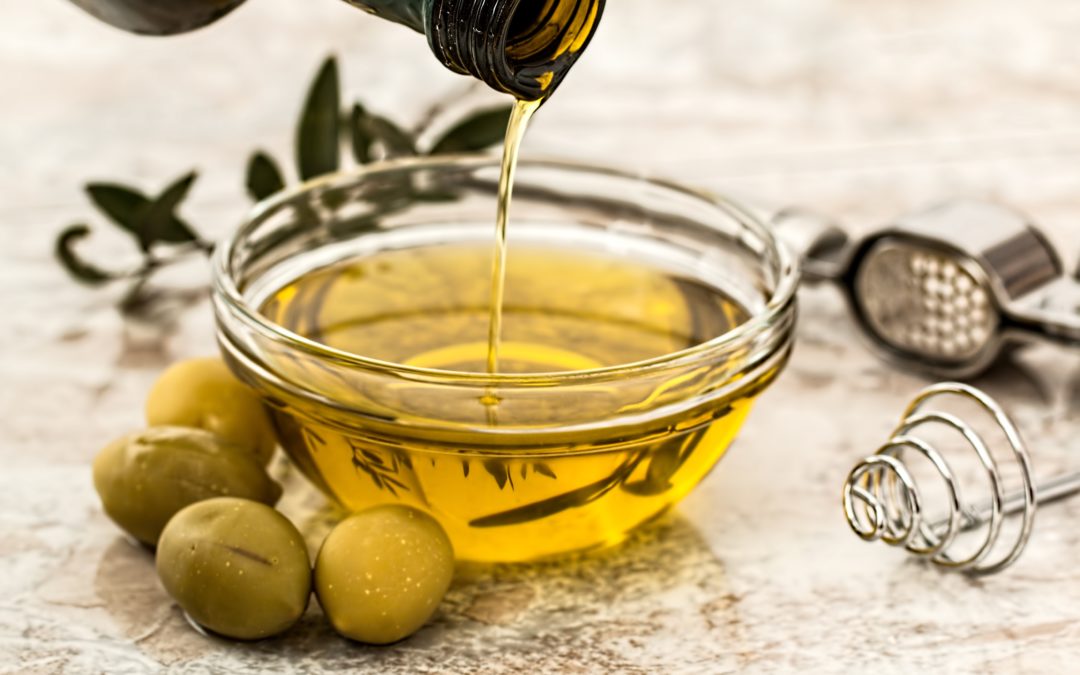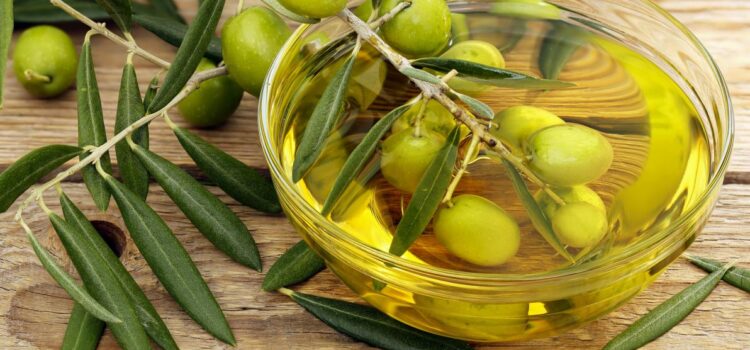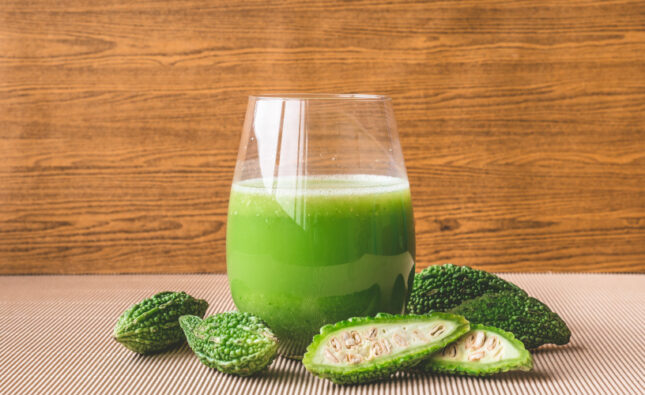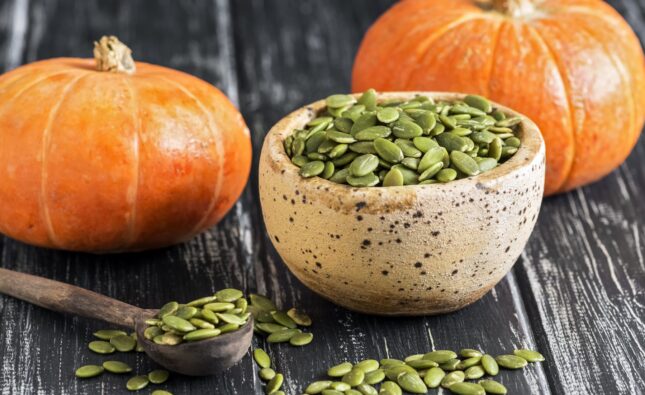Health Benefits of Olive Oil & Its Nutritional Profile
Introduction
Olive oil is a versatile and highly regarded vegetable oil derived from the fruit of the olive tree (Olea europaea). It is a fundamental component of the Mediterranean diet, which is known for its health benefits. The olive tree is an evergreen tree native to the Mediterranean region, characterized by its silver-grey leaves and gnarled trunk. It can thrive in arid, dry conditions and has been cultivated for thousands of years in various parts of the world with suitable climates.
The olives, the fruit of the olive tree, are drupes that start off green and gradually ripen to a darker color, usually purple or black. Olives are harvested for the production of olive oil. The timing of the harvest plays a crucial role in the flavor profile of the resulting oil. Green olives produce more robust, peppery oils, while riper olives yield smoother, milder oils. Traditionally, olives were hand-picked from the trees, but modern methods may involve mechanical shakers to loosen the olives, which are then collected from nets placed around the tree.
After harvesting, olives undergo a series of processes to extract the oil. The first step is washing the olives to remove any dirt or debris. Next, the olives are crushed or pressed to break the cell walls and release the oil. While stone mills were used traditionally for crushing, most commercial producers now use stainless steel crushers. The resulting olive paste is then processed to separate the oil from the solids and water. This can be done using hydraulic presses or centrifuges. Finally, the oil is stored in tanks to allow any remaining water or sediments to settle before it is bottled and ready for consumption.
There are different types of olive oil based on the extraction process and level of refinement. Extra Virgin Olive Oil is considered the highest quality and most flavorful, as it is cold-pressed without heat or chemicals and has low acidity. Virgin Olive Oil is also cold-pressed but has slightly higher acidity than extra virgin. Pure Olive Oil is a blend of refined and virgin olive oils and has a milder taste compared to extra virgin or virgin olive oils.
Olive Pomace Oil, on the other hand, is extracted using solvents from the olive residue (pomace) left after the initial pressing and then undergoes further refining. It is usually used for cooking at higher temperatures.Olive oil is celebrated not only for its culinary uses but also for its numerous health benefits. It is rich in monounsaturated fats, particularly oleic acid, which has been associated with improved cardiovascular health and a reduced risk of heart disease. Additionally, olive oil contains antioxidants that can help reduce inflammation in the body. It is also used in cosmetics and skincare products due to its moisturizing and nourishing properties. Olive oil is a widely recognized and celebrated component of the Mediterranean diet, known for its numerous health benefits.
Here are some of the key health benefits associated with olive oil consumption:
1. Heart health:
Olive oil is rich in monounsaturated fats, particularly oleic acid, which have been linked to improved heart health. These fats can help reduce LDL cholesterol (the “bad” cholesterol) levels while increasing HDL cholesterol (the “good” cholesterol) levels, thus reducing the risk of heart disease and stroke.
2. Antioxidant properties:
Olive oil contains powerful antioxidants, such as vitamin E and polyphenols, which help protect the body from oxidative stress and inflammation. These antioxidants can neutralize free radicals, which are unstable molecules that can damage cells and contribute to various diseases, including cancer and aging.
3. Anti-inflammatory effects:
The polyphenols found in olive oil have anti-inflammatory properties, which may help reduce chronic inflammation in the body. Chronic inflammation has been linked to various health issues, such as heart disease, diabetes, and certain types of cancer.
4. Blood sugar control:
Olive oil consumption has been associated with better blood sugar control and improved insulin sensitivity, making it beneficial for individuals with or at risk of type 2 diabetes.
5. Digestive health:
The consumption of extra virgin olive oil has been linked to improved digestive health. It can have a mild laxative effect and may help prevent or alleviate constipation.
6. Brain health:
Some research suggests that the Mediterranean diet, with its prominent use of olive oil, may be associated with a reduced risk of cognitive decline and neurodegenerative diseases, such as Alzheimer’s disease.
7. Skin health:
Olive oil can be used topically as a natural moisturizer, helping to keep the skin hydrated and smooth. Its antioxidant properties may also contribute to skin health by protecting against free radical damage.
8. Weight management:
Despite being calorie-dense, olive oil can be beneficial for weight management when used in moderation. The healthy fats in olive oil can help increase satiety, reducing the likelihood of overeating.
Nutrient Profile of Olive Oil
Olive oil is rich in various nutrients that contribute to its health benefits and culinary versatility. Here is the nutrient profile of olive oil per 1 tablespoon (15 ml) serving:
- Calories: 120 kcal
- Total Fat: 14 grams
- Saturated Fat: 2 grams
- Monounsaturated Fat: 10 grams
- Polyunsaturated Fat: 1.5 grams
- No cholesterol, sodium, carbohydrates, fiber, sugars, or protein.
- Vitamin E: Olive oil is a good source of vitamin E, an antioxidant that helps protect cells from oxidative damage.
- Vitamin K: It contains small amounts of vitamin K, which plays a role in blood clotting and bone health.
- Antioxidants: Olive oil contains various antioxidants, such as polyphenols and tocopherols, which help neutralize free radicals in the body and reduce inflammation.
- Fatty Acids: The majority of the fat in olive oil is monounsaturated fat, primarily oleic acid. Monounsaturated fats are considered heart-healthy and can help improve cholesterol levels.







